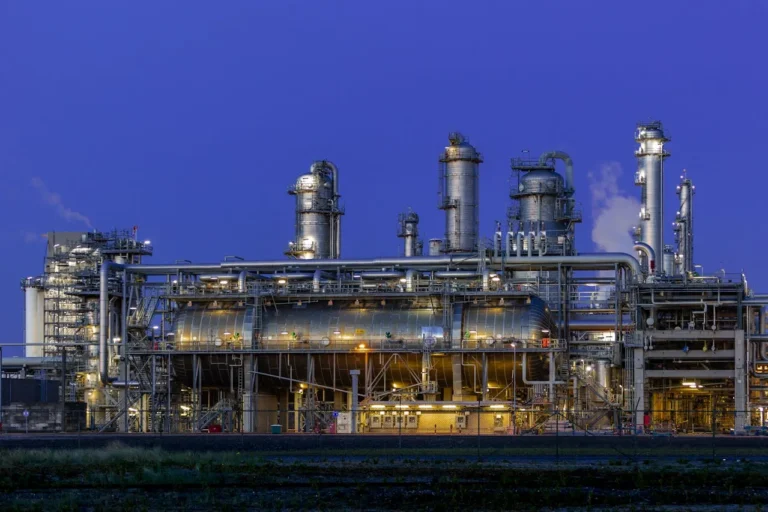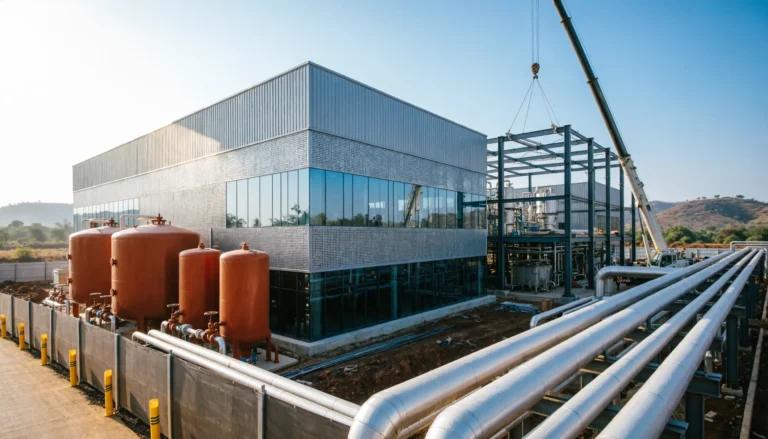
Global events, whether geopolitical, economic, or environmental, wield considerable influence over pharmaceutical supply chains. Examples include the Suez Canal blockage by the Ever Given, ongoing geopolitical tensions like the Ukraine-Russia conflict and the China-US trade war, and notably, the disruptive impact of the COVID-19 pandemic on these chains.
The pharmaceutical supply chain spans from chemical sourcing and API manufacturing to formulation, packaging, and eventual delivery to patients, involving numerous stakeholders. Global events exacerbate disruptions, affecting personnel, materials, services, and equipment crucial to these operations. Active Pharmaceutical Ingredients (APIs) are pivotal in this chain, imparting therapeutic effects to drugs. Consequently, interruptions in API supply profoundly impact medication availability.
At Bachem, a leader in peptides and oligonucleotide API and CDMO, the process begins with sourcing upstream chemicals globally for API synthesis. The journey proceeds to formulation sites, where ingredients from diverse continents converge to create the final product. Packaging, which involves globally sourced materials like aluminum and plastics, culminates the process.
Recent disruptions underscore the vulnerability of global supply chains:
- COVID-19 Pandemic: Lockdowns, labor shortages, and surging demand disrupted global supply chains significantly.
- Suez Canal Blockage: The Ever Given’s blockage disrupted global trade, leading to delays in goods delivery.
- Geopolitical Tensions: Tensions such as the China-US trade war and conflicts like Ukraine-Russia complicate supply chain dynamics.
- Extreme Weather Events: Natural disasters like Hurricane Ida and Texas’ winter storm disrupt raw material supply and transportation.
- Cyber Attacks: Attacks on critical infrastructure hamper tracking systems, causing substantial delays.
- Factory Shutdowns: COVID-19 outbreaks prompted shutdowns in major manufacturing hubs, forcing reliance on alternate suppliers.
These disruptions emphasize the necessity of resilient supply chains capable of adapting to unforeseen global events.







